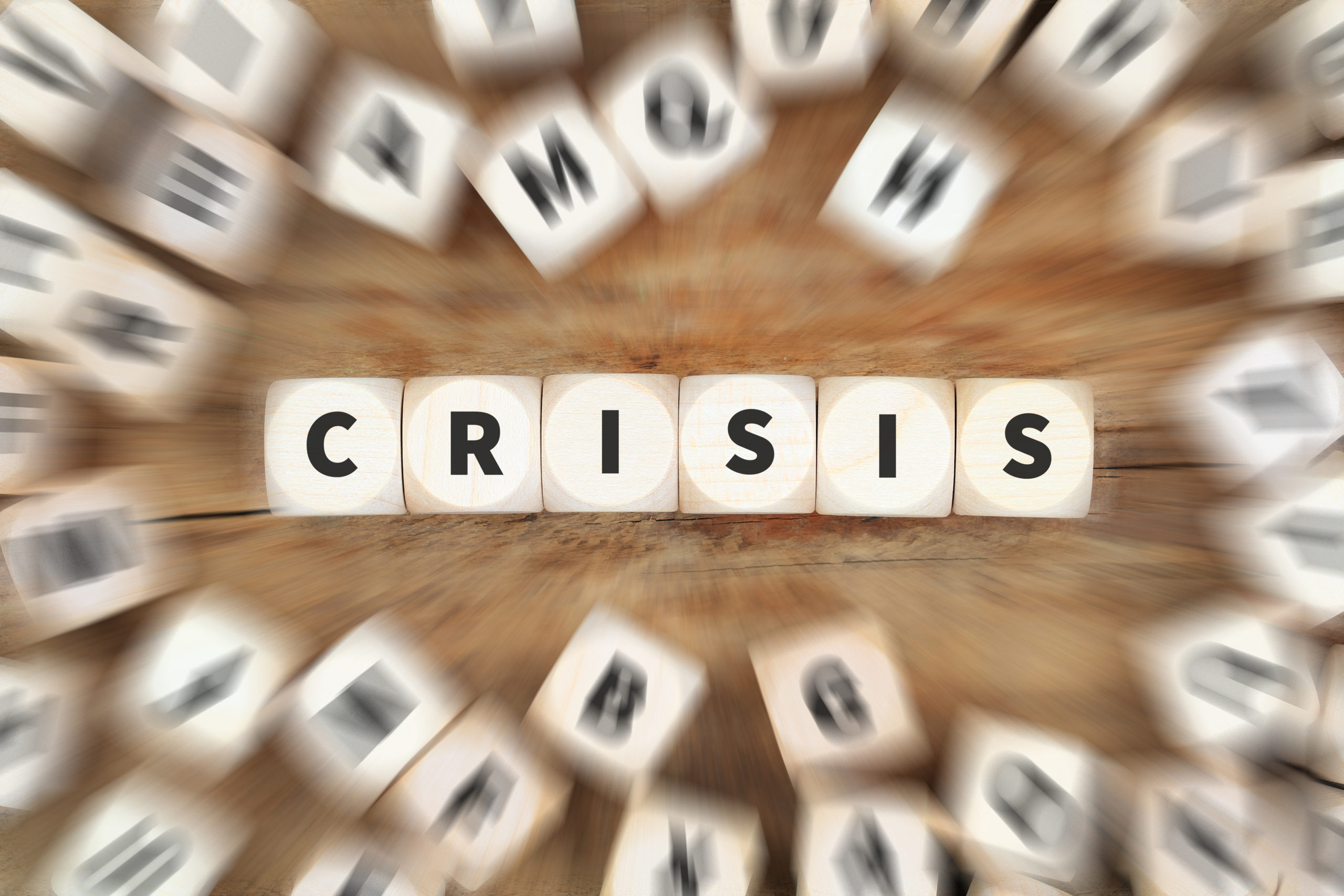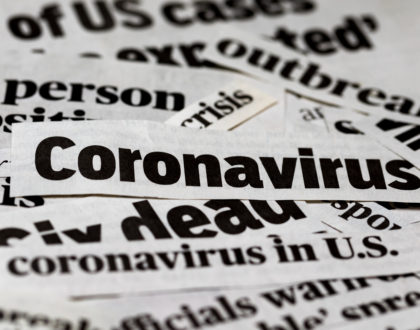Crisis Communication and the Coronavirus Pandemic

by JPH
The coronavirus pandemic is dominating the news cycle across the United States and the world. The number of people who have caught and died from the virus continues to increase and as of this post, the US has not even begun maximum testing procedures. As this unprecedented crisis continues, many businesses and corporations especially those in healthcare, are discussing how to work through the internal and external crisis communications of the day.
This is a crisis that touches all industries no matter the size, service or product. Health care public relations professionals have to be ready to respond to news media inquiries quickly while also placing their experts into a position of thought leadership when appropriate.
For business leaders and professional communications experts, there are several strategic steps to take during crisis like this one.
The SARS Outbreak of several years ago provides some historical guidance with the understanding that coronavirus will be more widescale and have longer reaching impacts on society and the economy.
Here are Brandstory Communications steps every communications department or professional must take to navigate the coronavirus pandemic
Crisis Communication Guidelines
1) Be on the right side of history – Don’t wait for the government (Local, State or Federal) or other local businesses or industry competition to make big decisions about the right thing to do. Operating under an abundance of caution and care for clients, staff and your community is widely well received. The National Basketball Association wasted almost no time to suspend the season once one of their players were diagnosed with COVID 19. This decision was made despite pushback from a few teams who wanted to continue playing with no fans and another team that wanted to wait for the public entities to force private businesses into a decision. A health crisis communications case is a chance to show employees and the public that a business has impactful leadership and a committed to the health of staff and consumers, no matter then economic impact.
2) Who is your lead council or task force?
Designate a group of staff members as your official task force on the issue. The group’s responsibilities will be external and internal. They should stay on top of the latest news, be a resource to outside entities that want to connect with your company, be ready and willing to meet together ASAP, and keep internal communication flowing. Ultimately, this is the team that will help execute the operational protocol plan if coronavirus impacts your business or industry.
3) Listen to every Stakeholder you can. While the CEO that signs your check or a board may make the final decisions, they shouldn’t be the only ones you listen to. Staff members from every level can have valuable feedback that can positively influence how you’re external and internal communications should be handled. Plus, company morale is always supported when the chief marketing officer or public relations person takes time to listen the everyday worker. This is also a good way, in or out of a crisis, to find new angles on stories that are worth pitching to the media because they are of something positive involving a member of your rank and file staff. Many times the good news doesn’t make it up the ‘flagpole’
4) Sickness communications Plan
Have a plan in place of what your company will say publicly when anyone associated with your business contracts the coronavirus. Speed of response is key to mitigating speculation and damage to reputation in any crisis. If your strategy begins after a diagnosis, you will find yourself in last place in the PR race.
5) Life-Like Media Training
Before the crisis hits your business or industry directly, your spokespersons and executive leadership should be media trained specifically for a crisis. The media training should not occur in the comfort of their own office in a hospital or the nice large window room of the CEO. If you may hold a press conference, train there. If you have a business where you are going to be in the field, out in the elements, then you should have mock interviews conducted there. Crisis communications isn’t comfortable, so the training shouldn’t be either. Crisis communicators or media trainers for the healthcare, hospitality, travel industry or any other business that will see major impact from the coronavirus should not pull punches. Ask the most uncomfortable questions possible.
6) Accept that the Best Crisis Decisions Don’t Often Mean the Best Result For the Bottomline…not right away.
This is an extension of our first point. The decision by the National Basketball Association, and eventually Major League Baseball, National Hockey League and Major League Soccer, to suspend their seasons will cost each of them millions upon millions of dollars. But in the long term, it will be difficult for the public or news media to point to these entities and say they didn’t care about public health or employees and players, they cared about money.
The NCAA received a waterfall of criticism in the sports and news media for not canceling its men’s and women’s basketball tournaments shortly after the NBA made its decision. At first, the NCAA and its conferences choose to forbid fans from attending, but continued with games. The media criticism focused on the NCAA’s lack of care for its players. Roughly 20 hours after the NBA lead the way, and after hours of very public crisis criticism in the news media and social media, the NCAA canceled its tournaments. Those 20 hours was enough time for the mass media a public criticism to cycle many times over. It was 20 hours that damaged the brand.
Brandstory Communications is a crisis communications agency owned, operated and staffed by experienced journalists. Our team has more than 60 years of experience as news reporters, anchors, producers and reporters. We utilize that experience, our inside knowledge of the news business and a long list of personal contacts to help our clients prepare and execute dynamic, media ready communications campaigns. We covered many crisis as journalists so we know what journalists need, want, and how to best approach them in an effort to feed the news cycle with accurate, impactful information that will mitigate a brand’s damage in a crisis and in many cases increase the brand or businesses credibility.
Recommended Posts

Press Conference – Miami Beach Drowning Case – Law Firm Public Relations
September 7, 2022

Coronavirus PR Firm Florida
March 16, 2020

How to handle crisis communication during coronavirus
March 16, 2020
